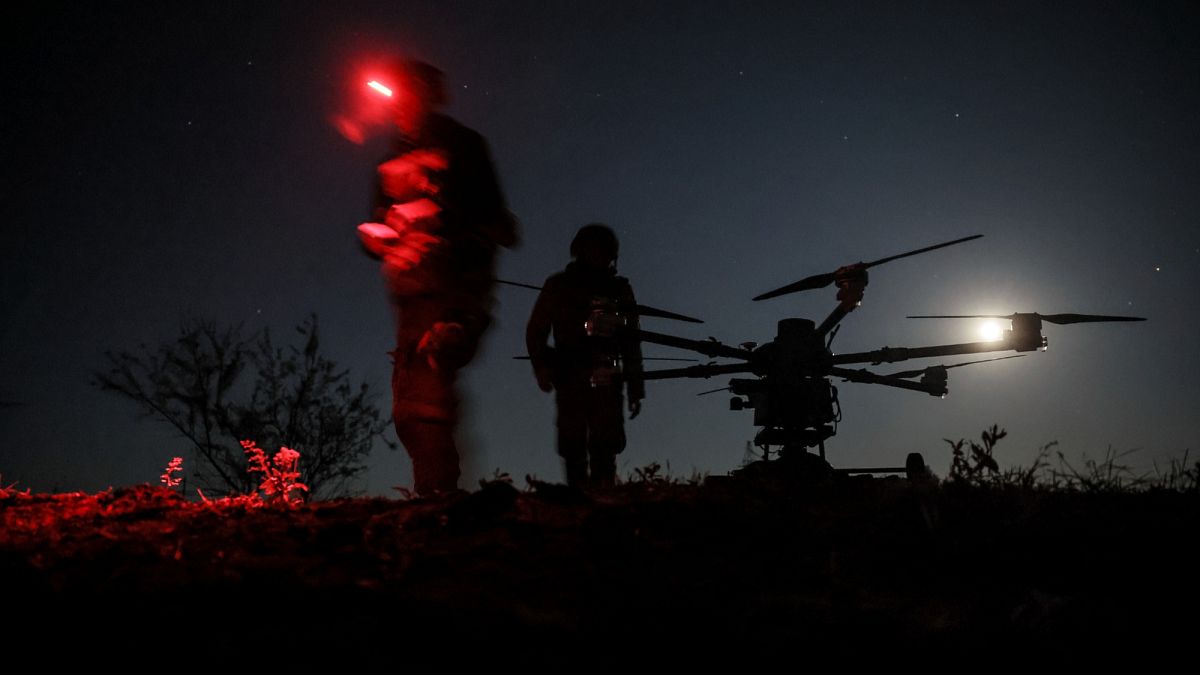

In a world of evolving international dynamics and regional tensions, Ukraine is taking strides to bolster its defense capabilities. With an aim to strengthen its self-reliance in military supplies, Ukraine announced plans to significantly boost domestic arms production. This initiative comes amid uncertainties about defense support from Western allies, as global focus shifts and resources fluctuate.
Ukrainian President Volodymyr Zelenskyy emphasized the importance of self-sufficiency in light of growing challenges in securing timely and adequate weapons supplies from Western nations. By ramping up domestic production, Ukraine seeks to establish a robust defense infrastructure that can sustain its military needs more independently, thereby enhancing its capacity to counter ongoing conflicts.
In a complementary move, Ukraine’s innovative defense technology incubator, Brave1, launched the ‘Test in Ukraine’ program. This initiative invites foreign defense companies to test prototypes in real-time battlefield conditions within the country. By engaging international partners, Ukraine aims to foster technological advancements and derive insights that can refine and optimize military equipment.
This forward-thinking approach not only strengthens Ukraine’s military capabilities but also positions the country as a key player in defense technology innovation. By partnering with allied countries, Ukraine can contribute to global security efforts while securing tailored technological solutions for its defense requirements.
Meanwhile, on the international stage, regional conflicts continue to create ripples across the geopolitical landscape. In Syria, government forces withdrew from the Druze-majority province of Sweida after reaching a ceasefire with local militias. This truce, though fragile, marks a moment of respite in an area fraught with conflict. The Syrian president’s decision to leave Druze groups in charge of local security is seen as a strategic move to prevent further escalation and pave the way for potential stability.
However, the situation remains complex. A recent Israeli airstrike targeted the city of Sweida amid ongoing tribal clashes. Reports of Druze group retaliations against Bedouin villages underscore the volatility in the region. Despite these challenges, efforts towards maintaining peace highlight the resilience and determination of local communities to seek lasting resolutions.
In a related development, a Brussels court has ordered the Flemish government to halt the transfer of military equipment to Israel, following accusations from NGOs about non-compliance with international laws. The court’s ruling serves as a reminder of the intricate connections between arms trade, legal frameworks, and ethical considerations that influence international relations.
Amid these events, Ukraine’s proactive measures in strengthening its defense capabilities reflect a broader trend of nations seeking to secure their own security interests while navigating complex international alliances. By fostering innovation and strategic collaborations, Ukraine charts a path towards greater autonomy and resilience in the face of ongoing challenges.
Source: {link}
